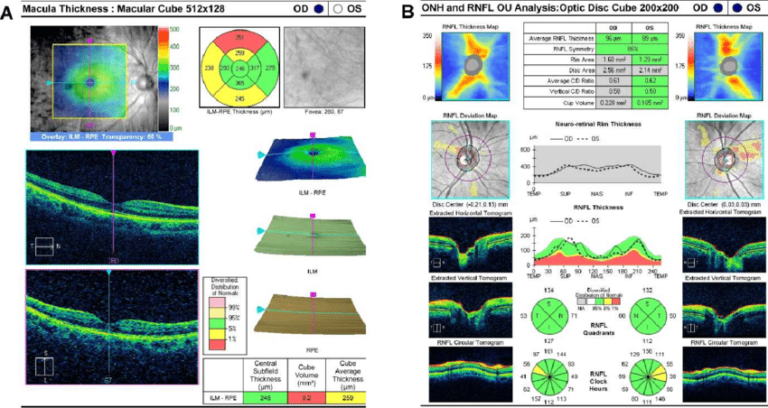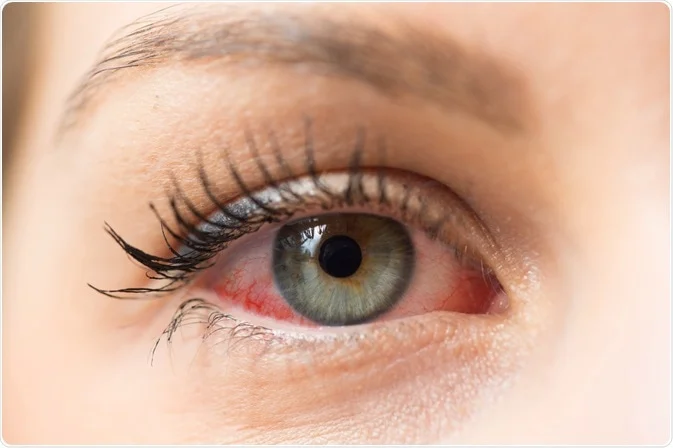10 best and worst foods for retina- nourishing your retina
The retina is a vital component of the eye responsible for capturing light and converting it into visual signals that our brain interprets. To maintain optimal vision and promote retinal health, a balanced and nutrient-rich diet is essential. Let us explore the 10 best and worst foods for retina impact on health of your retina.
10 best foods for retina
Including these foods in your diet can potentially reduce the risk of age-related macular degeneration (AMD), cataracts, and other retinal conditions, ultimately contributing to better eye health and vision throughout your life.
Leafy Green Vegetables
Leafy green vegetables such as spinach, kale, and collard greens are packed with essential nutrients that benefit retinal health and overall eye health. They are rich in lutein and zeaxanthin, powerful antioxidants that accumulate in the retina, particularly in the macula. Lutein and zeaxanthin protect the retina from harmful high-energy light waves, reduce oxidative stress, and help prevent AMD. They act as natural filters for blue light. Incorporating these greens into your diet can promote overall eye health and support your retina’s long-term function.
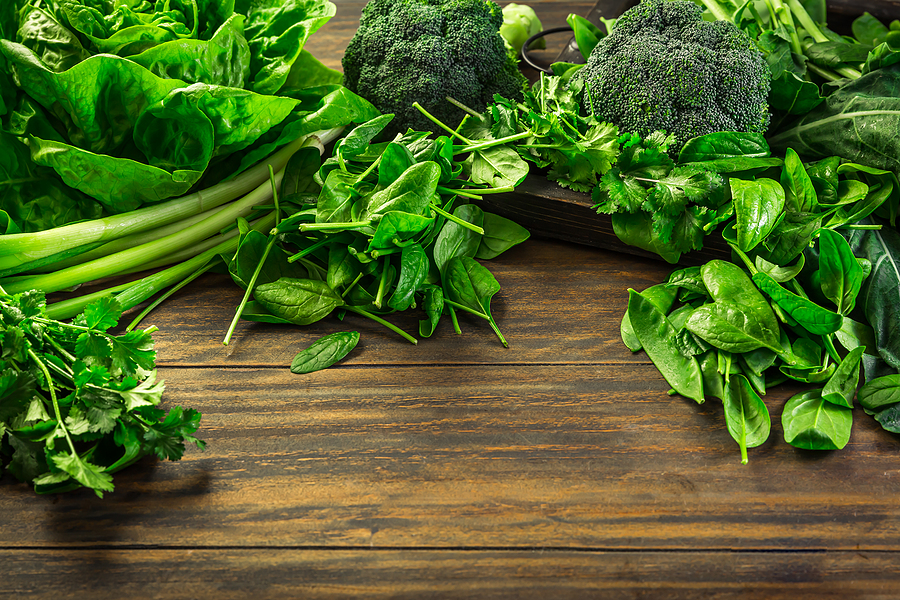
Fish Rich in Omega-3 Fatty Acids
Fatty fish like salmon, mackerel, and sardines are excellent sources of omega-3 fatty acids, particularly docosahexaenoic acid (DHA). DHA is a major component of the retina, playing a crucial role in maintaining its structure and function. DHA is critical for maintaining optimal visual acuity. The concentration of DHA in the retina’s photoreceptor cells is linked to their ability to respond to light stimuli accurately. Omega-3 fatty acids have anti-inflammatory properties that can reduce the risk of developing retinal diseases and support the health of retinal blood vessels. Regular consumption of these fish can contribute to strong and resilient retinal tissue.

Eggs
Eggs are a nutrient powerhouse, containing lutein, zeaxanthin, and zinc—all essential for retinal health. Lutein and zeaxanthin are found in the yolk and work together to protect the eye from harmful blue light and oxidative damage. Zinc, on the other hand, is vital for transporting vitamin A from the liver to the retina, supporting the production of melanin, a protective pigment in the eyes. Vitamin A is essential for low-light vision. It helps the eye’s photoreceptor cells, particularly the rods, to capture light, allowing us to see in dimly lit environments. Adding eggs to your diet can be a delicious and convenient way to nourish your retina.

Berries
Berries, such as blueberries, strawberries, and blackberries, are rich in anthocyanins, which are potent antioxidants that support eye health. These compounds help neutralize free radicals that can damage the retina and contribute to the development of eye conditions like cataracts and AMD. Regular consumption of berries can enhance retinal protection and reduce the risk of age-related eye diseases. Berries’ high vitamin C content contributes to tear production, promoting better eye lubrication and relieving dry eye symptoms.

Nuts and Seeds
Nuts and seeds, particularly almonds, walnuts, and chia seeds, are excellent sources of vitamin E, an antioxidant that supports overall eye health and retinal function. Vitamin E helps protect the cells in the retina from oxidative stress, thus preventing retinal degeneration. Incorporating a handful of nuts and seeds into your daily diet can provide the necessary nutrients to maintain a strong and healthy retina.

Orange-Colored Fruits and Vegetables
Orange-colored fruits and vegetables like carrots, sweet potatoes, and oranges are abundant in beta-carotene, a precursor of vitamin A. Vitamin A is essential for the proper functioning of the retina and plays a crucial role in low-light vision. By consuming these foods, you can maintain healthy levels of vitamin A, supporting your retina’s ability to capture and process light effectively in relatively dim light conditions.

Citrus Fruits
Citrus fruits such as oranges, grapefruits, and lemons are excellent sources of vitamin C, a powerful antioxidant that helps protect the retina from oxidative damage. Vitamin C also supports the health of blood vessels in the eyes and plays a role in reducing the risk of cataracts and AMD. Including citrus fruits in your diet can aid in maintaining a strong and resilient retina.

Whole Grains
Whole grains like brown rice, quinoa, and oats contain a range of nutrients, including vitamin E, zinc, and niacin, all of which are beneficial for retinal health. Vitamin E protects the cells in the retina, zinc aids in the transportation of vitamin A, and niacin supports overall eye health. Switching to whole grains can be a smart choice for maintaining a well-balanced diet that supports your retina.
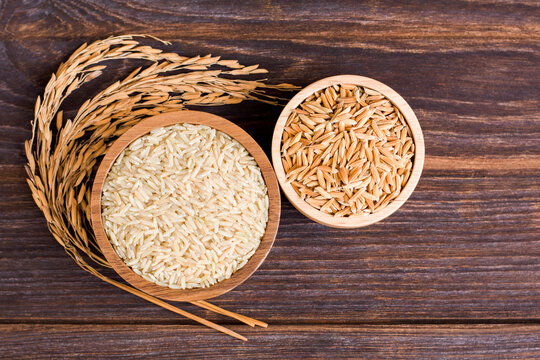
Legumes
Legumes, including lentils, chickpeas, and black beans, offer a combination of nutrients such as zinc, bioflavonoids, and folate that are beneficial for eye health. Zinc supports the retina and its cells, bioflavonoids strengthen blood vessels in the eyes, and folate contributes to the production of DNA and RNA in retinal cells. Regularly incorporating legumes into your meals can boost your retina’s defenses against age-related eye conditions.

Red Bell Peppers
Red bell peppers are an excellent source of vitamin C and beta-carotene, both of which are essential for retinal health. These nutrients work in tandem to protect the retina from oxidative damage and maintain proper vision function. Including red bell peppers in your diet can provide a flavorful and nutritious boost to your eye health.
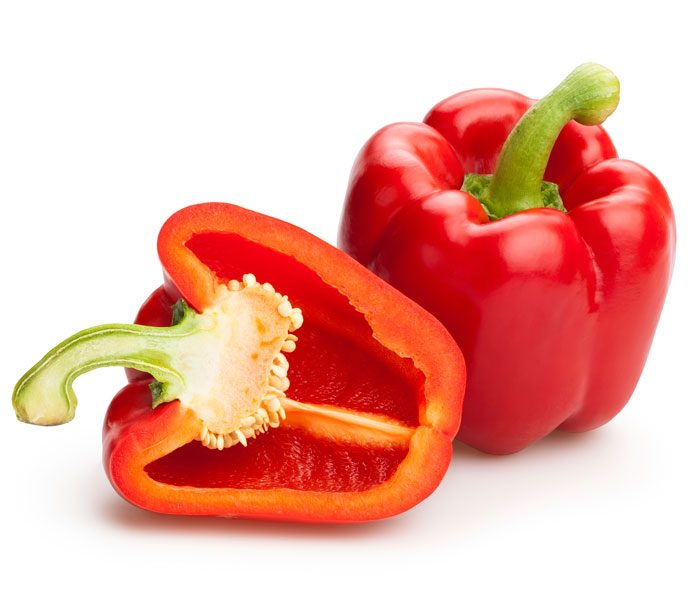
10 worst foods for retina
Now, we will discuss about the top 10 worst foods that you should avoid to protect your retina and promote better eye health.
Trans Fats and Fried Foods
Trans fats, often found in processed and fried foods, have been linked to various health problems, including cardiovascular diseases and inflammation. These unhealthy fats can also lead to oxidative stress, affecting the health of the retinal cells and increasing the risk of retinal degenerative conditions, such as age-related macular degeneration (AMD). To safeguard retinal health, one should decrease intake of fried foods, packaged snacks, and processed baked goods containing trans fats.

High-Glycemic Index Carbohydrates
Foods with a high glycemic index, such as white bread, sugary cereals, and processed snacks, can cause rapid spikes in blood sugar levels. These fluctuations can lead to oxidative stress and inflammation in the retina, potentially increasing the risk of eye diseases.
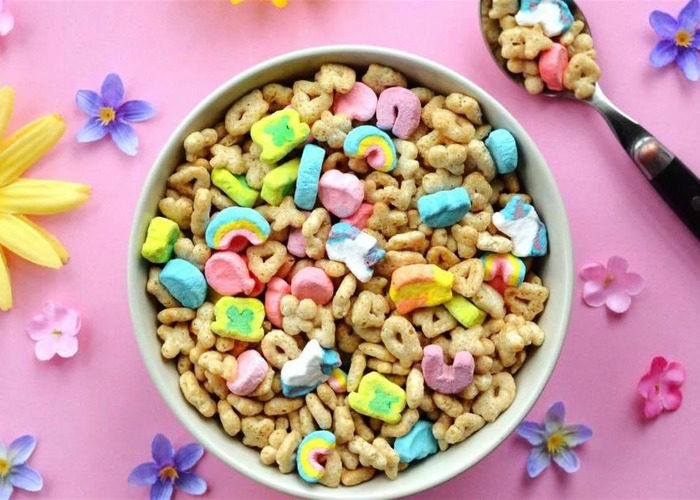
Sugary Beverages
Sugar-laden beverages like soda, energy drinks, and sweetened fruit juices can contribute to systemic inflammation and negatively impact eye health. High sugar consumption has been associated with an increased risk of developing diabetic retinopathy, a complication of diabetes that affects the blood vessels in the retina. Choose water or unsweetened beverages as healthier alternatives to support your retinal well-being.
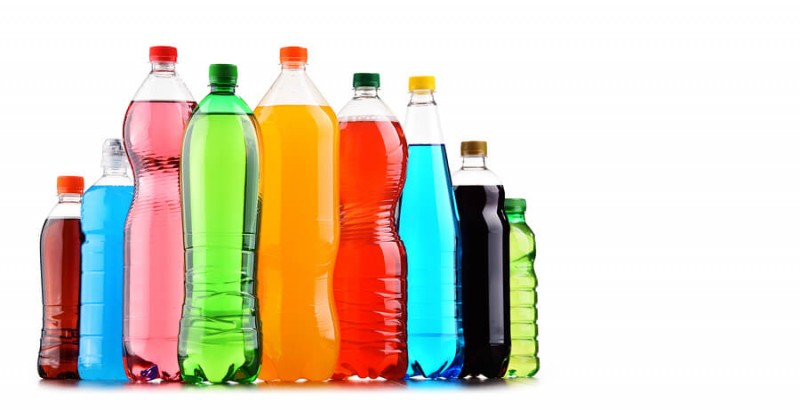
Processed Meats
Processed meats, including bacon, sausages, and deli meats, are often high in unhealthy fats, sodium, and preservatives. Excessive consumption of these meats can lead to inflammation and endothelial dysfunction, affecting the blood vessels in the eyes. To protect your retinal health, limit your intake of processed meats and opt for leaner protein sources such as fish, poultry, and legumes.

Excessive intake of alcohol
While moderate alcohol consumption may not significantly impact eye health, excessive alcohol intake can lead to nutritional deficiencies and damage the optic nerve and retina. Chronic alcohol use can also disrupt the absorption of essential nutrients needed for retinal health, such as vitamins A, C, and E.
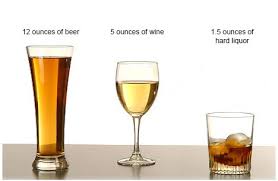
High-Sodium Foods
Foods high in sodium can lead to elevated blood pressure, which is a risk factor for various eye conditions, including glaucoma. Excessive sodium intake can also cause fluid retention, leading to puffy and swollen eyes. To support retinal health, limit your consumption of processed foods, canned soups, and salty snacks, and opt for fresh, whole foods prepared with minimal added salt.
Saturated and Trans Fat-Rich Desserts
Desserts high in saturated and trans fats, such as cakes, cookies, and pastries, can contribute to systemic inflammation and increase the risk of eye diseases. The negative impact of these unhealthy fats can compromise the health of retinal cells and blood vessels. To satisfy your sweet tooth while protecting your retina, consider healthier dessert options such as fruit salads, dark chocolate (in moderation), or yogurt parfaits.

High Mercury Fish
Certain fish species, such as king mackerel, swordfish, and tilefish, may contain high levels of mercury, which can be harmful to the retina and nervous system. Mercury toxicity has been linked to vision problems and retinal damage. To enjoy the benefits of omega-3 fatty acids without the risk of mercury exposure, opt for low-mercury fish like salmon, sardines, and trout.
Artificial Sweeteners
While artificial sweeteners are low in calories, some studies suggest that they may contribute to oxidative stress and inflammation, potentially affecting retinal health. To reduce your intake of artificial sweeteners, choose natural sweeteners like stevia or moderate your use of traditional sugars.

Excessive caffeine consumption
High caffeine consumption can lead to dehydration, which can impact the moisture levels in the eyes, leading to dry eye syndrome. Additionally, excessive caffeine intake may interfere with the absorption of certain nutrients essential for retinal health. Moderation is key when it comes to caffeine consumption to protect your retinal and overall eye health. Protecting your retinal health is crucial for maintaining clear vision and preventing eye diseases.
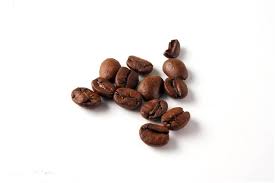
How to manage retinal health with diet?
A diet rich in nutrient-dense foods can significantly contribute to the strength and health of your retina. By incorporating leafy greens, fatty fish, eggs, berries, nuts, seeds, orange-colored fruits, citrus fruits, whole grains, legumes, and red bell peppers into your meals, you can nourish your retina with essential vitamins, minerals, and antioxidants. We should focus on consuming a balanced diet rich in fruits, vegetables, whole grains, and healthy fats to provide essential nutrients and antioxidants that support your retina and overall eye well-being. As always, consult with a healthcare professional or registered dietitian for personalized dietary recommendations tailored to your specific eye health and body needs.
Founder of EyesMatterMost- an optometry student who loves talking about eyes. I tend to cover topics related to optometry, ophthalmology, eye health, eyecare, eye cosmetics and everything in between. This website is a medium to educate my readers everything related to eyes.

